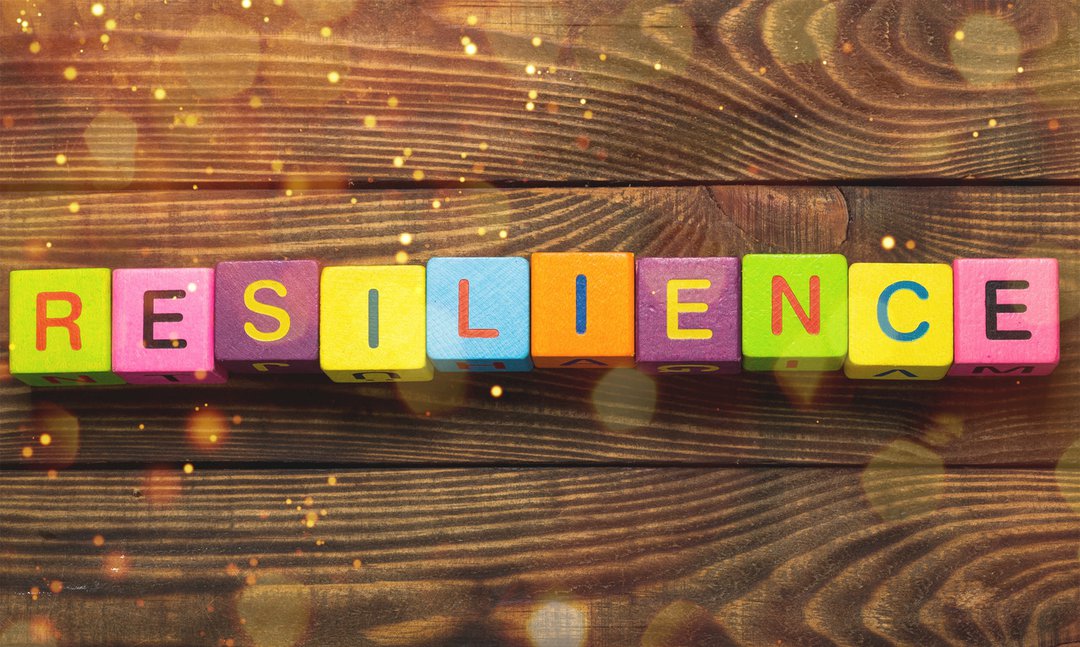
HARVEY SCHACHTER
April 4, 2020
Battered by a medical and economic calamity, the focus in many organizations is switching from the immediate to medium-term, and with that is coming a realization of the importance of resiliency. While organizational resiliency is important, the focus first must be on the health of the people who can keep that organization going. How can we help ourselves and them weather the storm?
Consultant Paul Stoltz says we’re not all equal in our resiliency abilities – like with our IQ and EQ, or emotional intelligence, we have an adversity quotient that is individual. But it can be improved by concentrating on five factors that combine to determine that AQ in any bad situation, not just the pandemic:

iStock-1158005042.jpg
- Control: You can’t stop the coronavirus. You can’t change government edicts relating to your business or the economic difficulties you face in the wake of social distancing. But when we hit adversity, some people more strongly believe they can influence the deteriorating situation or at least control their response.
- Origin and Ownership: Individuals with high AQ can identify how much the adversity actually originates with them, which allows them to not get bogged down in unnecessary self-blame and to learn from their mistakes. They are also willing to own the outcome of the adversity and act to change it, rather than hoping somebody else will intervene or leave the difficulty to the fates.
- Reach: Resilient people limit the reach of the adversity into the rest of their lives. They don’t let one reversal sap their energy on all fronts. With our lives consumed by COVID-19 news and talk about it with family and friends, that’s harder than when your company hits a bumpy patch and everything else is fairly stable. But it’s important to put up some barriers.
- Endurance: It’s also critical to limit the length of time you believe the adversity will have you in its grips. You have to avoid the attitude your company is doomed, life ruined, and you’ll never accomplish anything again in your life. At one time I had a tendency to catastrophize in adverse situations and it’s not healthy.
In The 7 Habits of Highly Effective People, Stephen Covey listed being proactive first and delved into the notion of control by asking us to consider our Circle of Concern – the matters we are concerned with. Those include issues we can influence and others we have no control over. He, therefore, asks you to imagine a smaller Circle of Influence within that broader Circle of Concern, and to check how much time and energy you spend on matters you can influence and how much on items you can’t.
“Proactive people focus their efforts on the Circle of Influence. They work on the things they can do something about. The nature of their energy is positive, enlarging and magnifying, causing their Circle of Influence to increase. Reactive people, on the other hand, focus their efforts on the Circle of Concern. They focus on the weaknesses of other people, the problems in their environment, and circumstances over which they have no control,” he wrote.
He was identifying highly effective people and Mr. Stoltz might argue that’s because they are highly resilient people. Consultant Suzi McAlpine in a recent blog post suggested there is even a smaller circle nestled within those two mentioned – the circle of control – that includes your thoughts, the way you react to external stimuli, and the way you show up as a leader, all matters that you can regulate in these challenging times, again fitting with the AQ schema.
Staying positive is important, of course. Consultant Roy H. Williams recently shared a nugget about Walt Disney: When asked if Disneyland could be built, everyone would say no, because…” but he would reply, “yes, if…” Resiliency also involves taking care of yourself. ThriveGlobal founder Ariana Huffington reminds us that airline attendants always instruct us in an emergency to secure our own oxygen masks first so we can help others.
We are all consumed with “when will this be over?” and will everything be okay when it ends? Palliative care expert David Kessler calls it “anticipatory grief” about an uncertain and perhaps unsafe future, from the disease and what it has spawned. Understanding that emotion helps as does the resilient attitude reflected in entrepreneur Seth Godin’s musings: If we mean, “Is everything going to be the way it was and the way I expected it to be?” then the answer is no. But he stresses the answer to that question always has been no.
If we mean, “Is everything going to be the way it is going to be?” he says the answer is obviously yes. And he adds: “If we define whatever happens as okay, then everything will be.”
Cannonballs
- What had you intended to do when everything went pandemic-crazy but didn’t? Can you still do it?
- Our lives are a bit messy these days. Consultant Henna Inam says in your virtual meetings experiment with messy and real, being more authentic by showing your home context and being curious about others. Ask: What is it like for you right now? What’s working well? What’s challenging?
- Many top executives are taking pay cuts in sympathy with the financial crunch their staff and company are facing. Texas Roadhouse CEO Kent Taylor is not however saving the company and shareholders with that move. He is instead directing the US$1.05-million to front-line workers through a non-profit helping employees in time of need.
This Globe and Mail article was legally licensed by AdvisorStream.
© Copyright 2024 The Globe and Mail Inc. All rights reserved.


